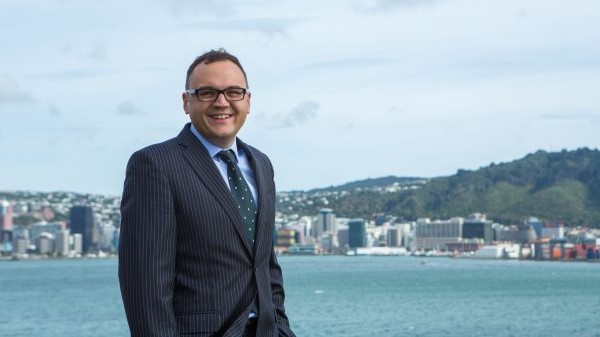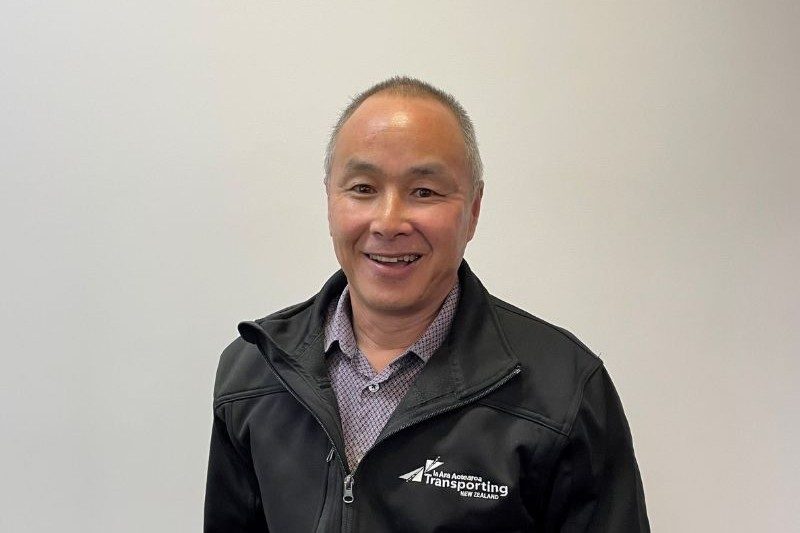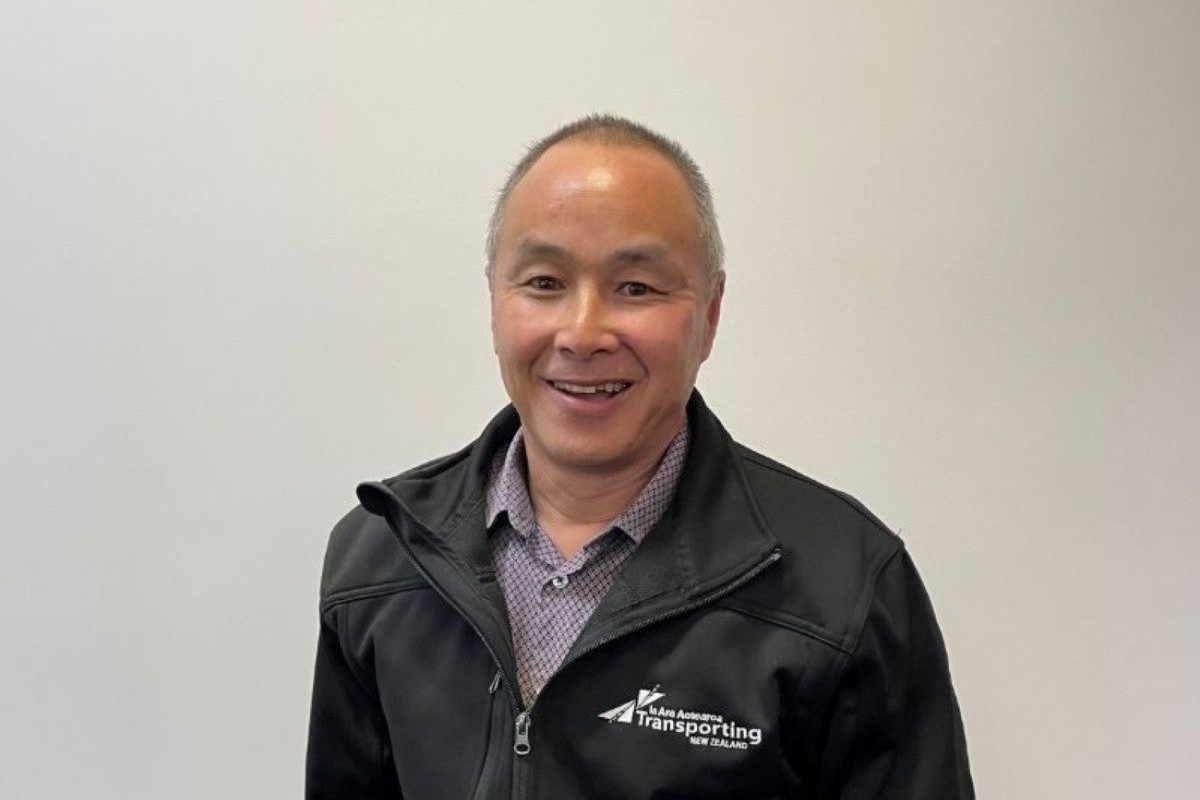Fair Pay Agreements: Guaranteed under labour

The implementation of Fair Pay Agreements (FPAs) has been anticipated since Labour took office back in 2017. Unfortunately, despite the best efforts of the business sector, it will be imposed on us sooner rather than later now that the legislation has been introduced into Parliament.
FPAs, like the national awards schemes of the 1970s, will set minimum terms and conditions for all workers in an industry or occupation nationwide. They were established as a response by the ever-weakening union movement to the modern world of individual bargaining and increased workforce flexibility.
Ia Ara Aotearoa Transporting New Zealand is opposed to centralised wage bargaining. Road transport businesses need to have flexibility regarding their workforce and how they structure their operations.
An FPA will come about if a union requests one, as it only requires support from 10% of the workers in that industry. Even if 90% of the industry’s workforce don’t want it, the 10% along with the union will be able to force pay negotiations where industry representatives must bargain on behalf of all businesses in the industry.
An August 2021 report by consultancy PWC sets out the impact this process will have on businesses:
“At a high level, the introduction of the FPA system will force SMEs, many of which have never been around a bargaining table before, to be involved in the industrial relations process. For many owners and operators, it may be quite confronting to have unions visit their businesses and seek access to their workplace and workers for the first time. Many businesses could feel disengaged from the process and unsure how to have their say in a decision that has the potential to significantly impact them and their most important asset, their people.”
Road transport businesses could also be forced into pay rates they can’t afford. Because it will apply nationwide, an FPA will affect a small operator running out of provincial New Zealand the same as a transport business in Auckland or Wellington. This will impose significant extra costs on the provincial operator, making their business significantly less competitive and that will inevitably mean that freight rates are forced to increase.
For workers, the shame of fair pay agreements will be that high-performing workers can’t be paid what they deserve. They will only get the same as everybody else in their position across the industry. It will be illegal for operators to recognise the skills, experience and commitment of staff through remuneration. FPAs will also make the road-freight industry less attractive to those who want flexibility in their working lives.
The macro-economic impact of all this will be another drag on the economy when New Zealand can least afford it.
The Fair Pay Agreements Bill was recently introduced to Parliament and with Labour’s absolute majority will have no problem passing all stages by the end of the year. Despite the bill’s passage basically being a fait accompli, we, along with Business NZ and other industry bodies, will be fighting it all the way.

Road transport operators up and down the country, particularly members of Transporting New Zealand, will know the name Kerry Arnold, who is retiring at the end of March.
For 35 years, Kerry has led the New Zealand Road Transport Association/ Road Transport Forum/Transporting New Zealand technical policy team and has worked with successive governments, including literally hundreds of transport officials over the years, to represent our industry’s interests.
There probably isn’t a person who knows more about the technical aspects of road transport in New Zealand than Kerry. His expertise and the invaluable technical assistance and historical knowledge he provides to our membership will be greatly missed.
An illustration of the high regard Kerry is held in by our industry was his induction into the NZ Road Transport Hall of Fame in 2017. He also received the Institute of Road Transport Engineers of New Zealand Transport Award for Outstanding Industry Service in 2013.
With his retirement pending, we asked Kerry what he thinks the future opportunities are for the industry. I’d like to leave you with his response because I believe it is extremely sage: “Today, the future is in so much upheaval – market changes, international conflicts, skilled labour shortages, and technology that is insufficiently bedded down. The opportunities will accrue for those who can adapt the quickest. My view is not only does the industry have to be analytical, not anal, the operators have to utilise their intuition because it’s this latter aspect that’s made the industry innovative, inventive and able to adapt to its circumstances.”
We all wish Kerry a very enjoyable and relaxing retirement.



